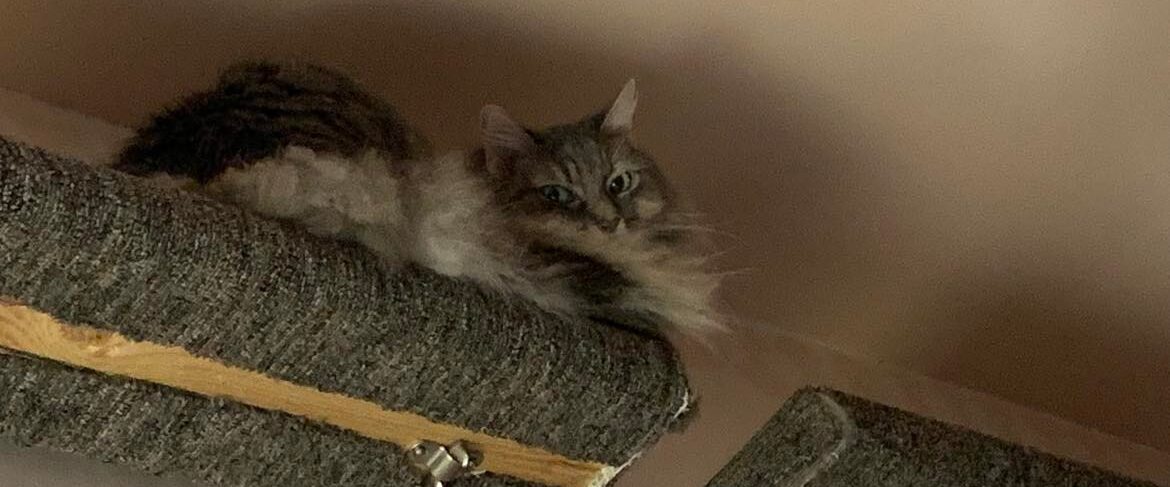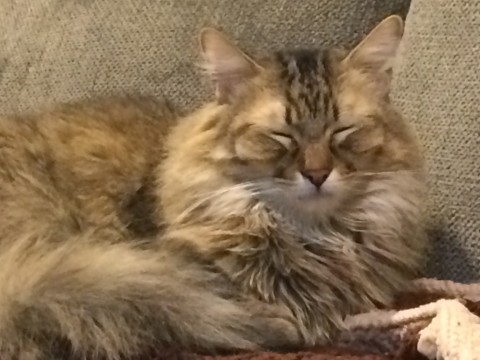There is a certain disease that cats can get that’s very similar to HIV in humans. In fact, it’s so similar it’s called feline immunodeficiency virus (FIV). Like HIV does in humans, FIV in cats compromises the immune system. However, there’s no reason to fear that FIV is a death sentence for every cat in your house. It’s not even an automatic, quick death sentence for your FIV-positive cat.
Admittedly, I have no experience with FIV. All of my cats, despite having been strays at one point, never contracted FIV or FeLV (although we did have a cat with FeLV when I was little). FIV is a “slow virus,” meaning it multiplies slowly and takes a long time to start causing symptoms. It’s important to note that you can’t catch FIV from your cat and have it turn into HIV, and your cat can’t catch HIV from you and have it turn into FIV, despite the similarities between the two viruses.
Where in the world do you find FIV in cats?
FIV in cats happens throughout the world, but in some places more than others. Here in the U.S., it occurs in about 1.5 percent to 3 percent of the feline population (although infection rates may be as high as 15 percent in some places). It’s most common in free-roaming, aggressive male cats. Most of these cats will be feral, but some will be stray, and a few will be owned. Indoor-only cats are far less likely to find themselves exposed to the virus than outdoor and indoor-outdoor cats.
What do you do if you have an FIV-positive cat, and other healthy cats?
Do you have to separate them now, or get rid of your FIV-positive kitty, no matter how much you love her and your other cats? Worse, do you now have to have her put down?
No, no, and no. Unlike the ease of transmission with FeLV, FIV is transmitted mostly through bites. So if you have multiple cats, but they all live well together and don’t fight, you shouldn’t have to worry about FIV spreading in your house.
FIV in cats is also slow enough that, provided you keep your FIV-positive cat inside and take all reasonable precautions to avoid common infections, she can have a near-normal to normal life expectancy, with a normal quality of life. Unless she gets sick enough, without much hope for recovery, euthanasia isn’t necessary for FIV in cats, despite some vets’ recommendations.
Is there any treatment or cure for FIV in cats?
There is currently no known medical treatment for FIV in cats. However, keeping them indoors, having them spayed or neutered, feeding them nutritionally-balanced (preferably species-appropriate) diets, and taking them to the vet every six months for checkups are all vital to keeping FIV-positive cats as healthy and happy as possible.
If you suspect your cat is sick, whether you think it’s FIV or anything else, please consult with your vet. It’s also important that you ask your vet for as much information as possible about FIV, should you receive that diagnosis.



